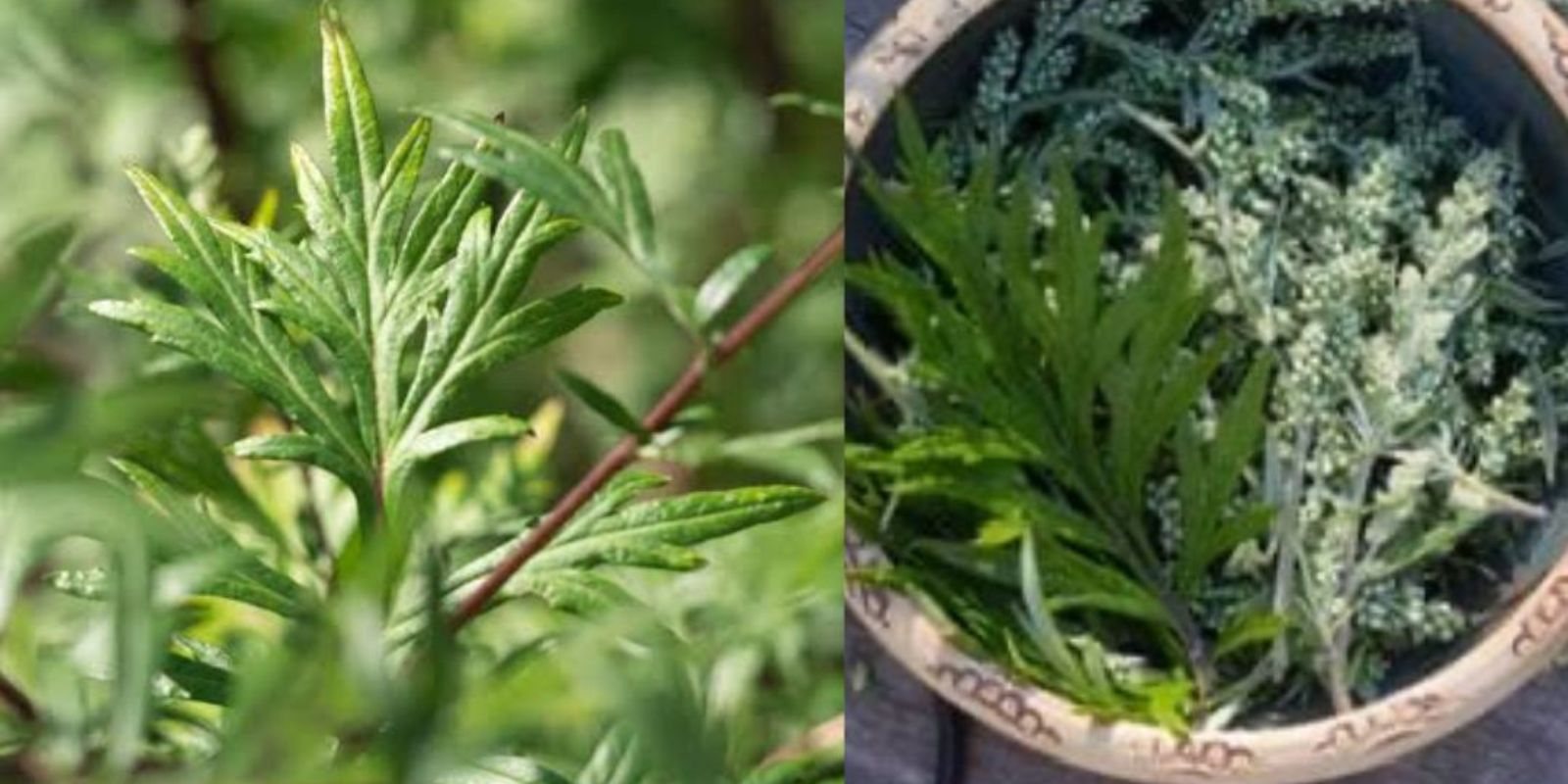Mugwort (Artemisia) is a plant that has been revered for centuries for its medicinal, culinary, and spiritual benefits. Despite its many uses, it is often overlooked and even considered a weed. However, this hardy plant holds remarkable healing properties and practical applications that can transform health and home. Whether you’re interested in natural remedies, gardening, or alternative therapies, mugwort is a powerhouse worth discovering.
What is Mugwort?
Mugwort is a perennial herb belonging to the Asteraceae family, closely related to wormwood and tarragon. Native to Europe, Asia, and North America, it thrives in various climates and grows abundantly in the wild. Its silvery-green leaves, aromatic scent, and yellowish flowers make it easily recognizable.
Throughout history, cultures worldwide have used mugwort for medicinal, culinary, and even mystical purposes. The ancient Romans placed mugwort in their sandals to prevent fatigue, while traditional Chinese medicine incorporated it into acupuncture practices like moxibustion to promote circulation and relieve pain.
Health Benefits of Mugwort
1. Supports Digestion
Mugwort has long been used as a digestive aid. It stimulates the production of digestive enzymes and bile, which helps break down food and absorb nutrients more efficiently. Drinking mugwort tea can relieve:
- Bloating
- Indigestion
- Loss of appetite
- Gas and cramps
To make mugwort tea, steep one teaspoon of dried mugwort leaves in hot water for 10 minutes. Drink before meals for the best results.
2. Promotes Restful Sleep and Lucid Dreaming
One of mugwort’s most intriguing effects is its ability to enhance sleep quality and induce vivid, lucid dreams. The herb contains compounds that interact with the brain to promote relaxation and dream recall.
How to Use Mugwort for Sleep:
- Place dried mugwort leaves under your pillow.
- Burn mugwort as an incense before bed.
- Drink a mild mugwort tea before sleeping.
Many people report experiencing more colorful and memorable dreams after using mugwort, making it a favorite among lucid dreamers and spiritual practitioners.
3. Boosts Immunity
Mugwort contains antimicrobial and anti-inflammatory properties, which help strengthen the immune system and fight infections. It has been traditionally used to:
- Soothe sore throats
- Reduce fever
- Treat colds and flu
- Alleviate allergy symptoms
Drinking mugwort tea or inhaling its steam can help clear nasal congestion and soothe respiratory ailments.
4. Relieves Menstrual Discomfort
Mugwort has been historically used to regulate menstrual cycles and ease cramps, bloating, and mood swings. It acts as a natural uterine tonic, promoting healthy blood flow and reducing period discomfort.
How to Use Mugwort for Menstrual Relief:
- Drink mugwort tea a few days before your period starts.
- Use mugwort-infused oil for abdominal massage.
(Note: Pregnant women should avoid consuming mugwort as it may stimulate uterine contractions.)
5. Reduces Stress and Anxiety
The calming effects of mugwort make it a great natural stress reliever. The herb interacts with the nervous system to reduce tension and promote relaxation. Burning dried mugwort leaves as an incense or using them in herbal baths can provide aromatherapeutic benefits that ease anxiety and mental fatigue.
Mugwort in Gardening and Home Use
6. Natural Pest Repellent
Mugwort is a powerful natural insect repellent due to its strong scent and chemical compounds that deter mosquitoes, moths, and other pests.
How to Use Mugwort in the Garden:
- Scatter dried mugwort leaves around plants to keep insects away.
- Make a mugwort spray by steeping dried leaves in water and spraying it on plants.
- Hang dried mugwort bundles near windows and doors to repel flies and mosquitoes.
7. Mugwort for Skin Care
Mugwort-infused oil is known for its soothing and anti-inflammatory properties. It can be used to treat eczema, rashes, and minor skin irritations. The oil hydrates dry skin and promotes healing, making it a popular ingredient in Korean skincare products.
DIY Mugwort Oil:
- Fill a glass jar with dried mugwort leaves.
- Cover with olive or coconut oil and let it sit for 4-6 weeks in a sunny spot.
- Strain the oil and apply it to irritated skin or use it for massage.
Mugwort in Traditional and Spiritual Practices
8. Used in Smudging and Energy Cleansing
Similar to sage, mugwort is used for smudging to cleanse negative energy from a space. It is often burned in rituals for protection, purification, and clarity.
How to Smudge with Mugwort:
- Light a bundle of dried mugwort and let it smoke.
- Wave the smoke around your body, home, or sacred space.
- Set an intention while performing the cleansing.
9. Enhances Meditation and Spiritual Awareness
Mugwort is often associated with heightened intuition and spiritual awareness. It has been used by shamans and healers for centuries to deepen meditation and connect with higher consciousness.
Drinking mugwort tea before meditation or placing dried leaves on an altar can help enhance spiritual experiences.
How to Grow and Harvest Mugwort
Mugwort is an easy-to-grow perennial herb that thrives in various conditions. If you want to cultivate your own supply, follow these steps:
10. Planting Mugwort
- Choose a sunny location with well-drained soil.
- Sow mugwort seeds directly in the garden in early spring.
- Space plants 12–18 inches apart to allow for proper growth.
11. Care and Maintenance
- Water sparingly – mugwort is drought-tolerant and prefers dry soil.
- Prune regularly to prevent it from spreading aggressively.
- Harvest leaves and stems before flowering for the best medicinal potency.
12. Drying and Storing Mugwort
- Cut mugwort stems and hang them upside down in a dry, airy place.
- Once dried, store the leaves in an airtight container to preserve their potency.
Conclusion
Mugwort is a powerful and versatile herb that offers numerous benefits, from improving digestion and sleep to repelling pests and enhancing spiritual practices. Whether used in tea, skincare, gardening, or rituals, this ancient plant has a place in every home.
🌿 Have you tried using mugwort? Share your experiences in the comments! 🌿
🌱✨ #MugwortMagic #HerbalRemedies #NaturalHealing #GardenWisdom #PlantPower #GardeningTips

